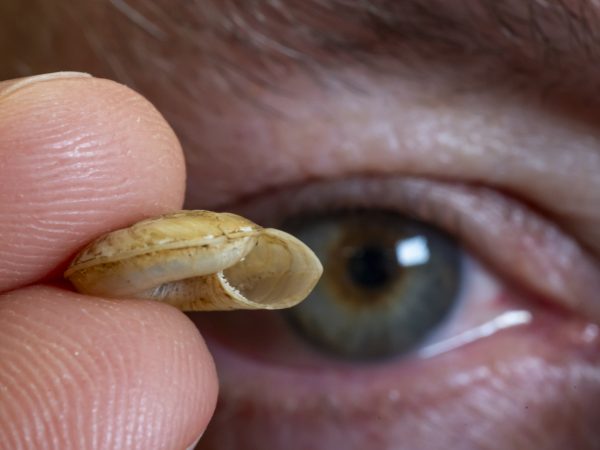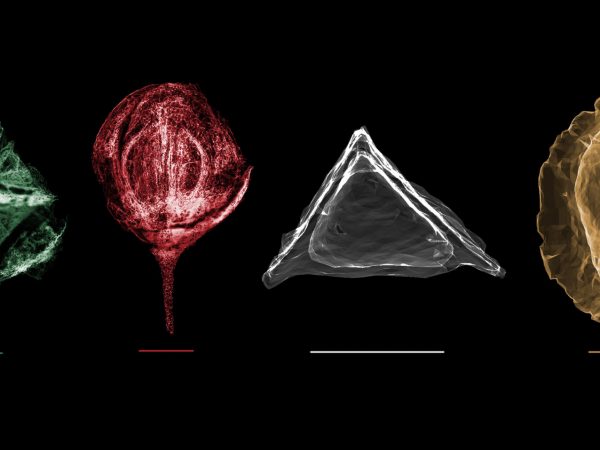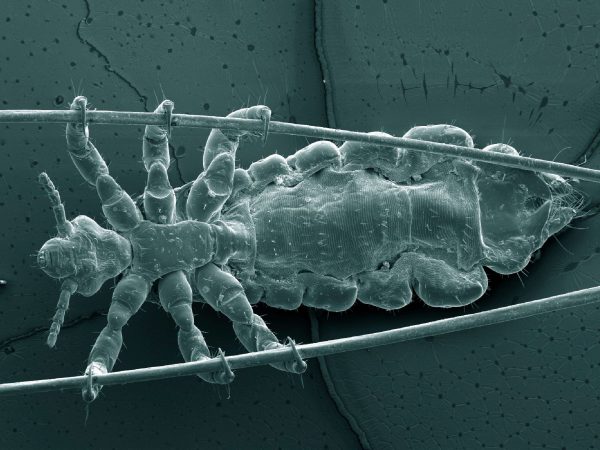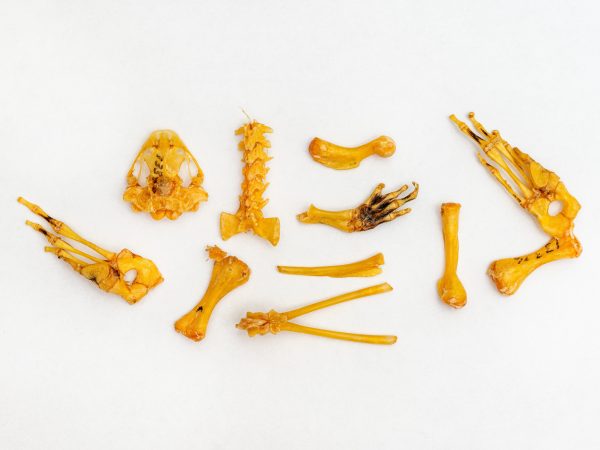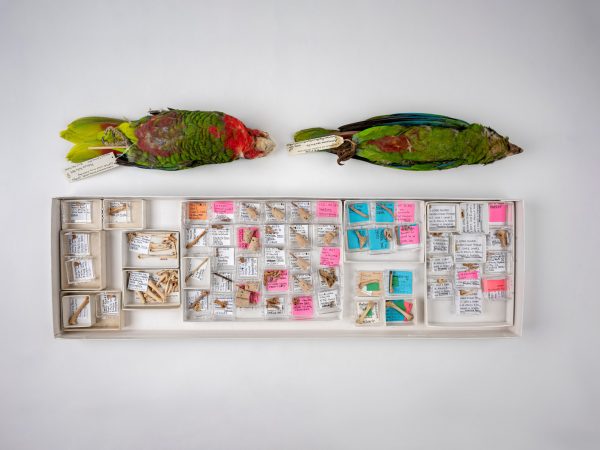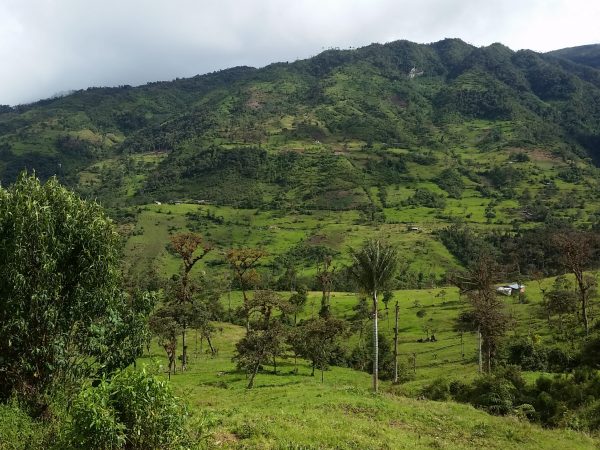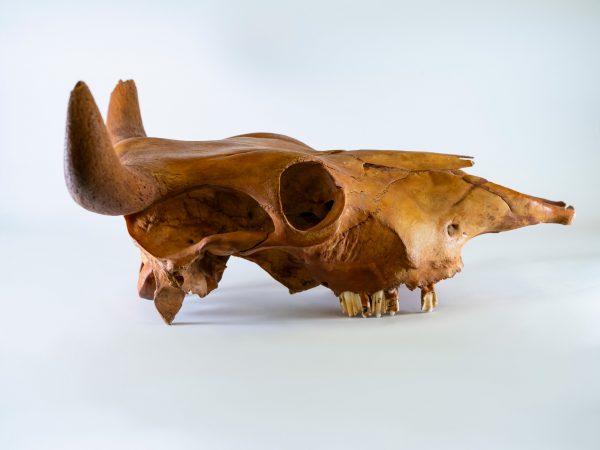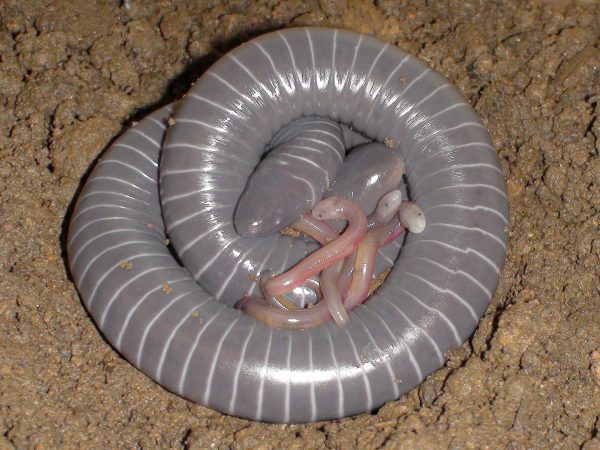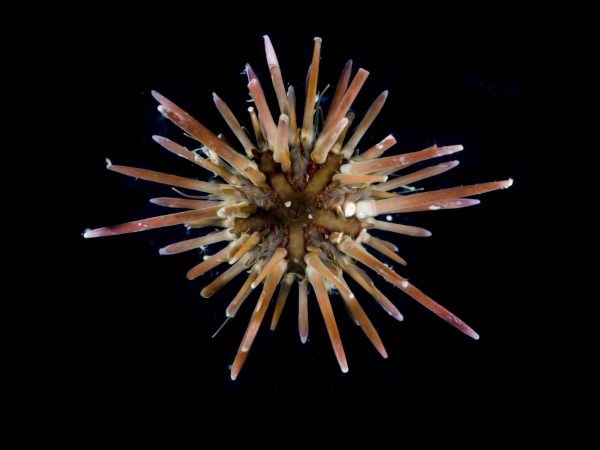Nine new snail species discovered in Papua New Guinea, a biodiversity hot spot at risk
Nine new species of carnivorous land snails have been found in the remote forests of Papua New Guinea, a biodiversity…
Read More
Mysterious fruit shown to be the oldest-known fossils of the Frankincense and Myrrh family
Early in the 1970s, a paleontologist working on the outskirts of an Indian village found small, bead-like fossils embedded in…
Read More
Head lice evolution mirrors human migration and colonization in the Americas
A new analysis of lice genetic diversity suggests that lice came to the Americas twice – once during the first…
Read More
Frogs were Florida’s first-known vertebrates from the Caribbean
Deep in the forests of Haiti lives the blue-eyed La Hotte glanded frog (Eleutherodactylus glandulifer), which once went 20 years…
Read More
Caribbean parrots thought to be endemic are actually relicts of millennial-scale extinction
In a new study published in PNAS, researchers have extracted the first ancient DNA from Caribbean parrots, which they compared…
Read More
Hundreds of Andean bird species at risk due to deforestation: New research shows how to protect them
Birds native to the tropical Andes, many of which cannot be found anywhere else, are threatened by increasing agricultural development…
Read More
Ancient DNA reveals an early African origin of cattle in the Americas
Cattle may seem like uniquely American animals, steeped in the lore of cowboys, cattle drives and sprawling ranches. But cattle…
Read More
Wormlike animals are first amphibians shown to pass microbes to their offspring
Caecilians are an elusive type of amphibian that primarily live underground and look like a cross between a worm and…
Read More
Marine fossils are a reliable benchmark for degrading and collapsing ecosystems
Biologists attempting to conserve and restore denuded environments are limited by their scant knowledge of what those environments looked like…
Read More
New fish species discovered after years of popularity in the aquarium trade
With just a few clicks of a mouse, you can purchase your very own redtail garra, a type of fish…
Read More
